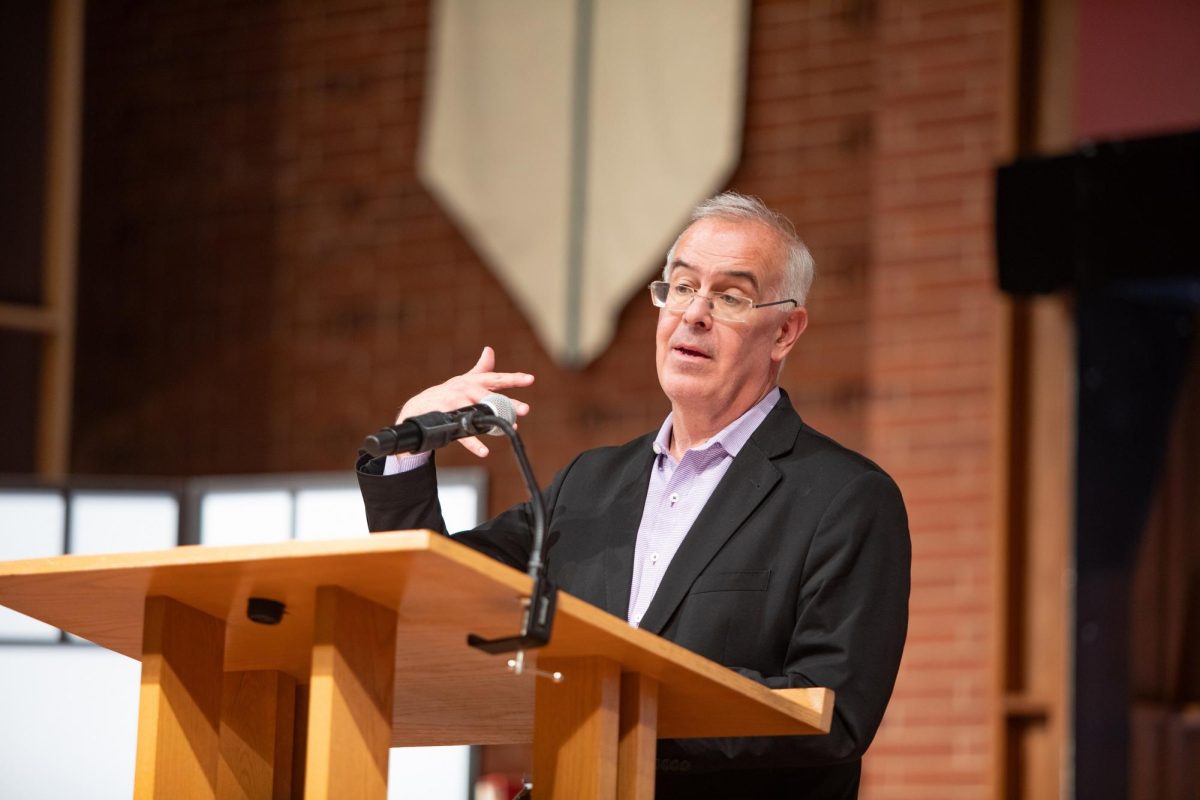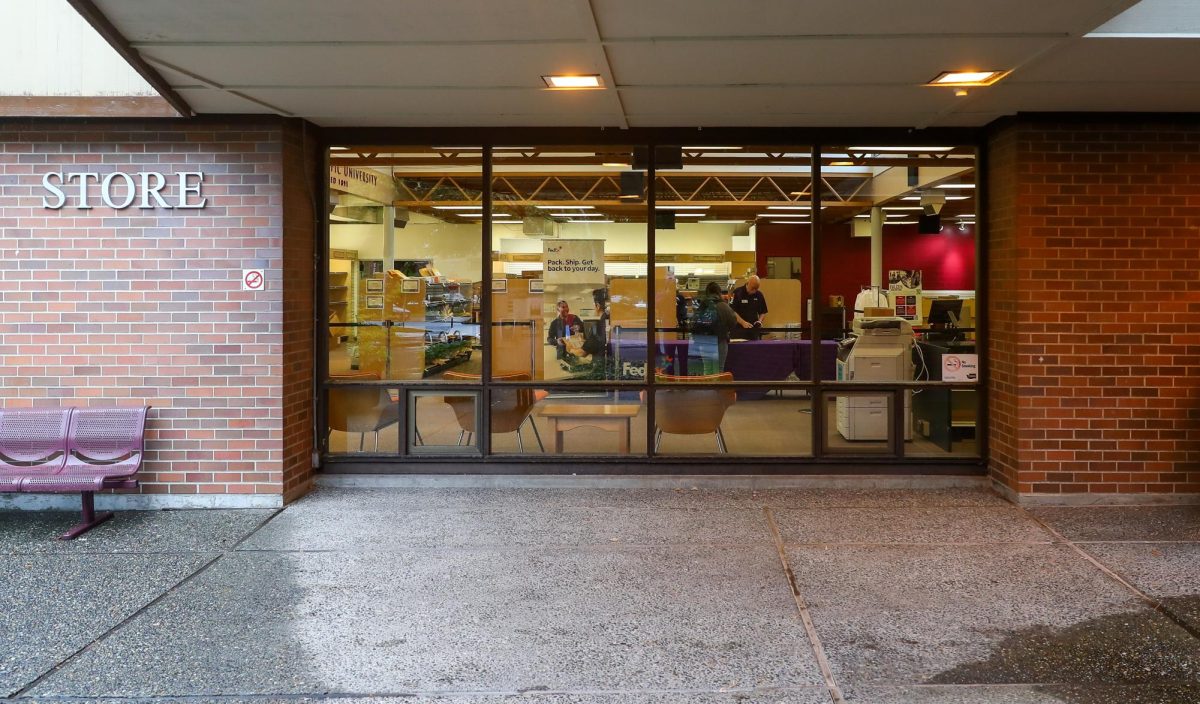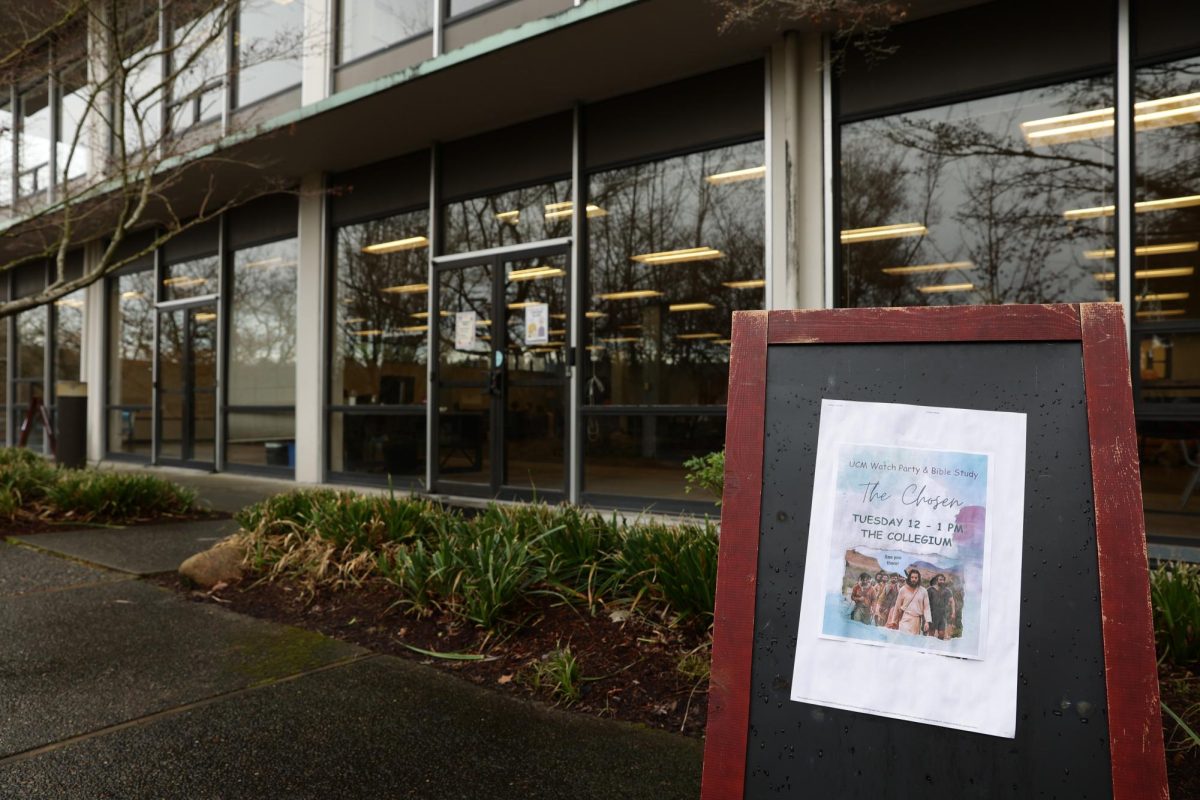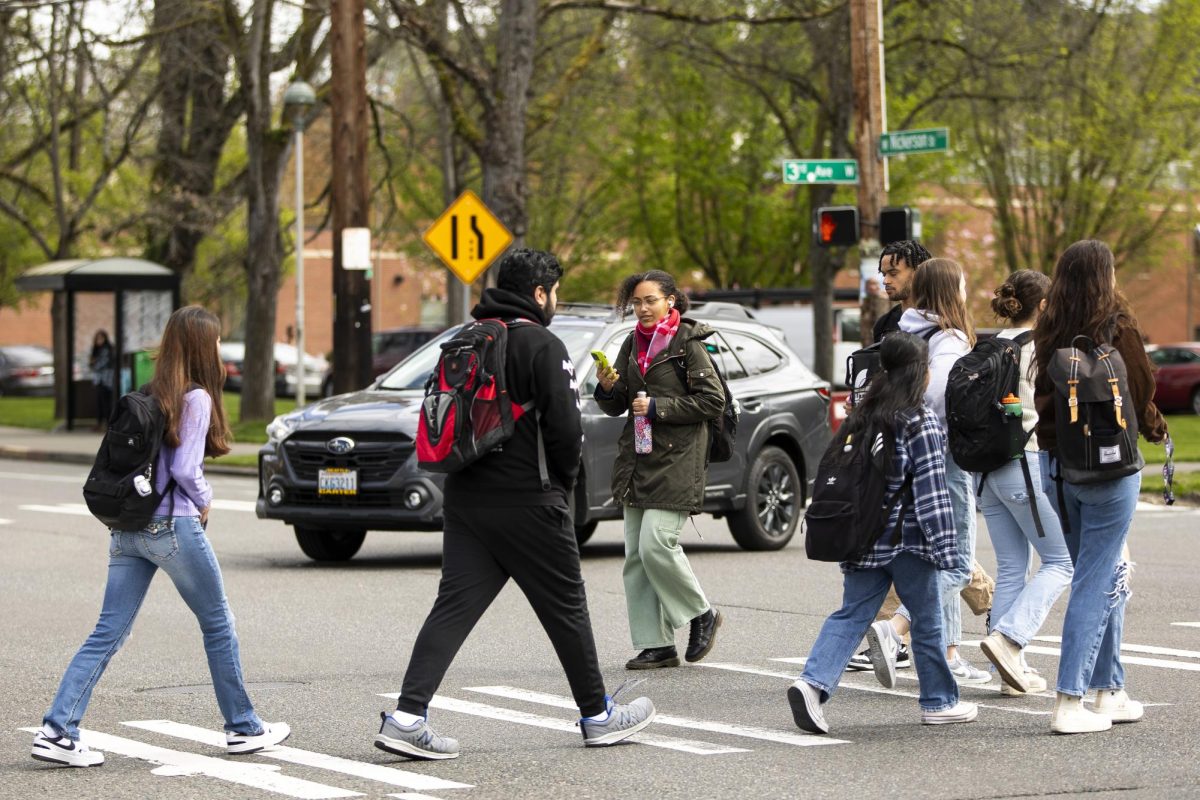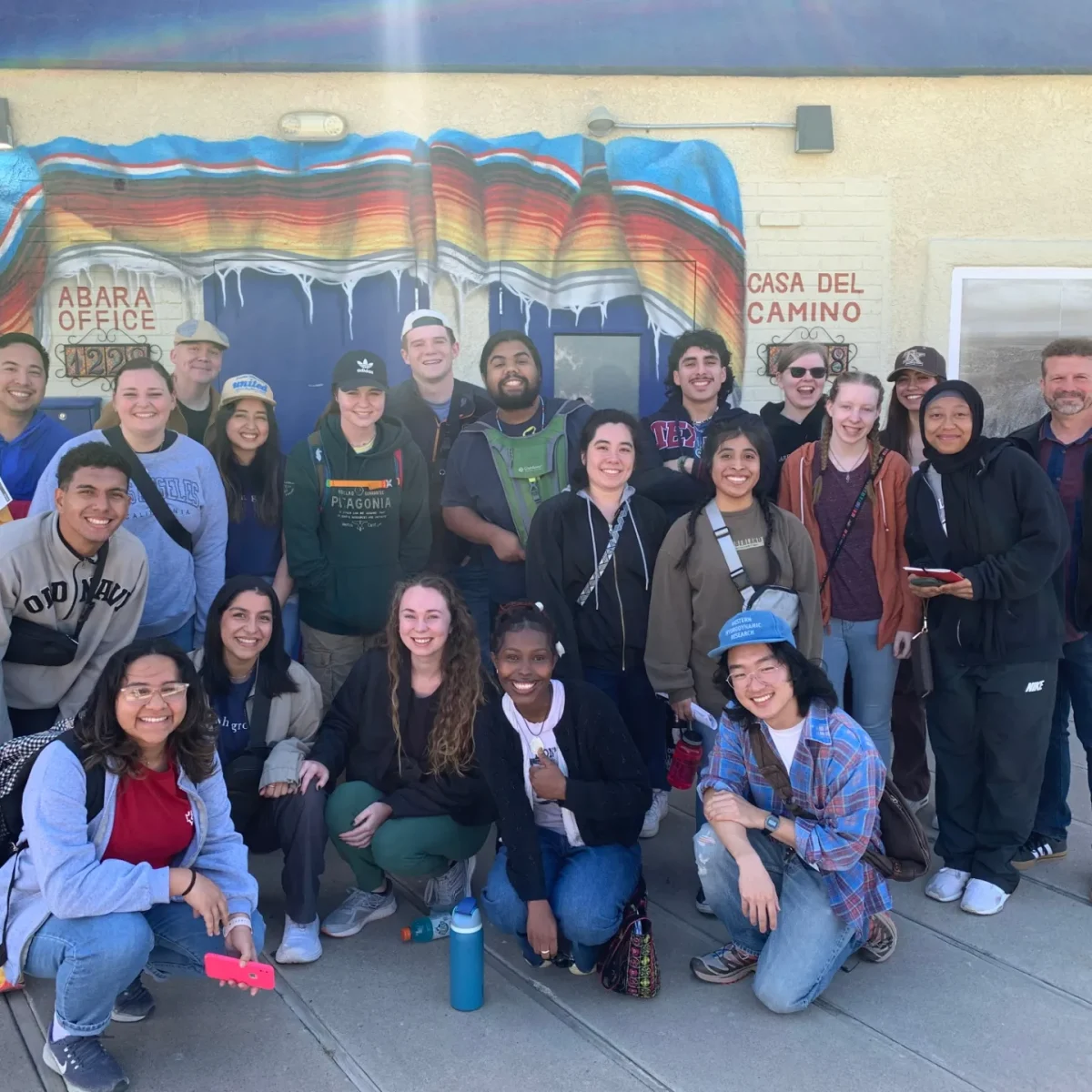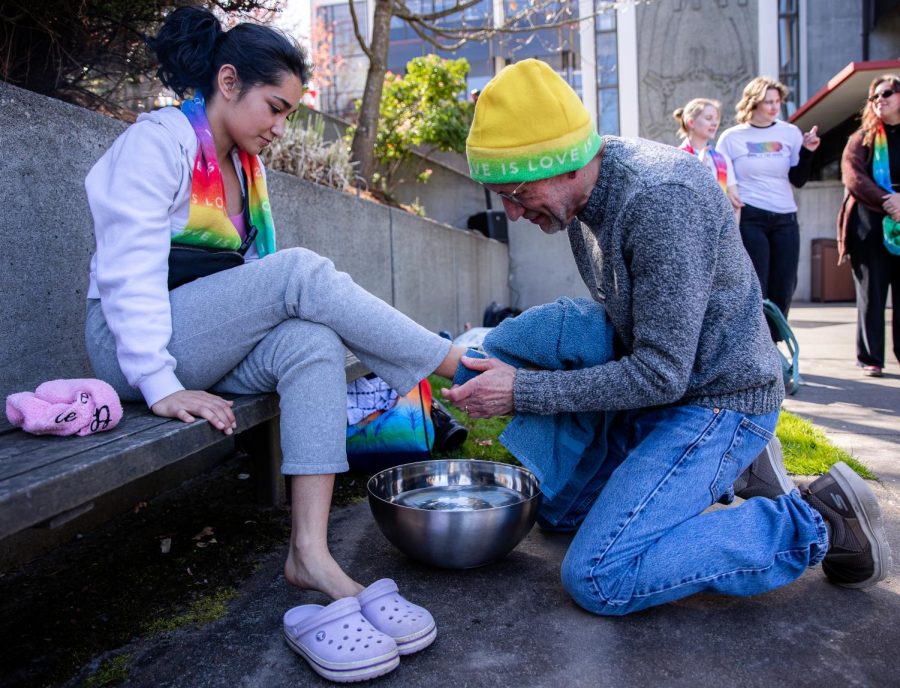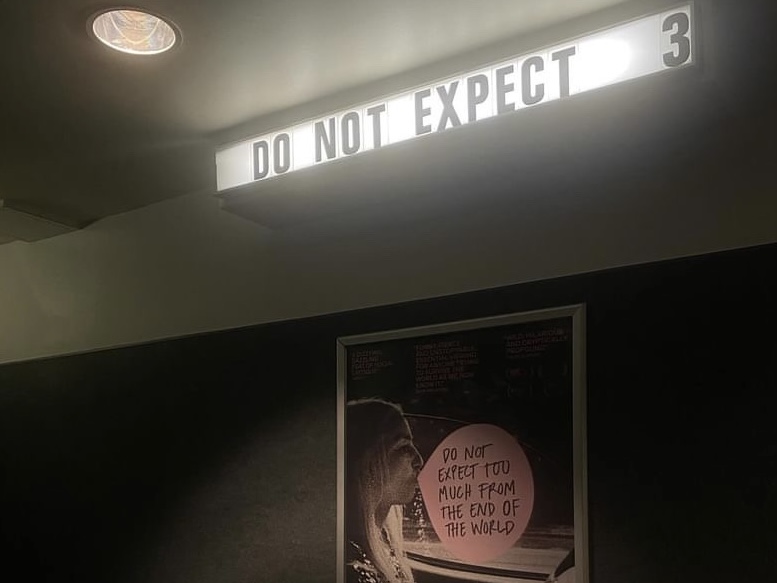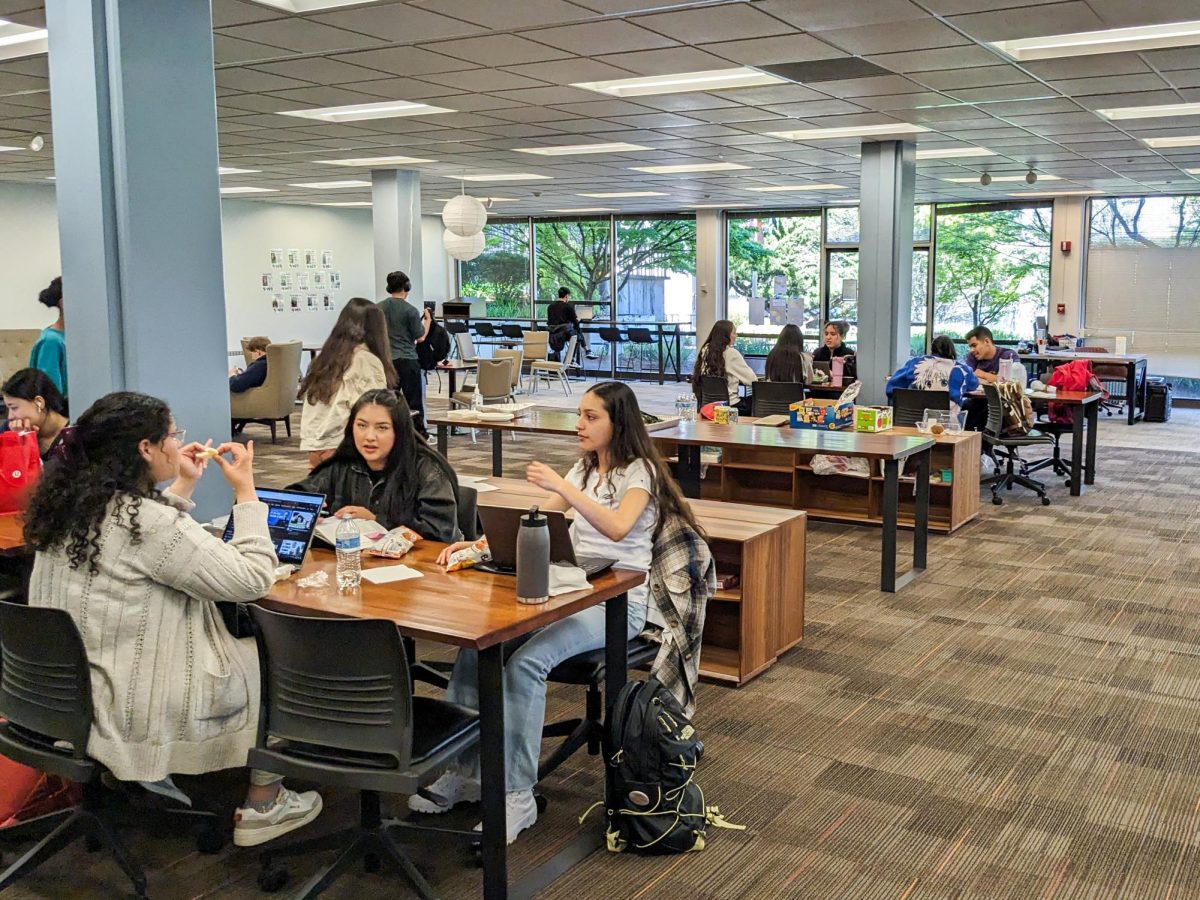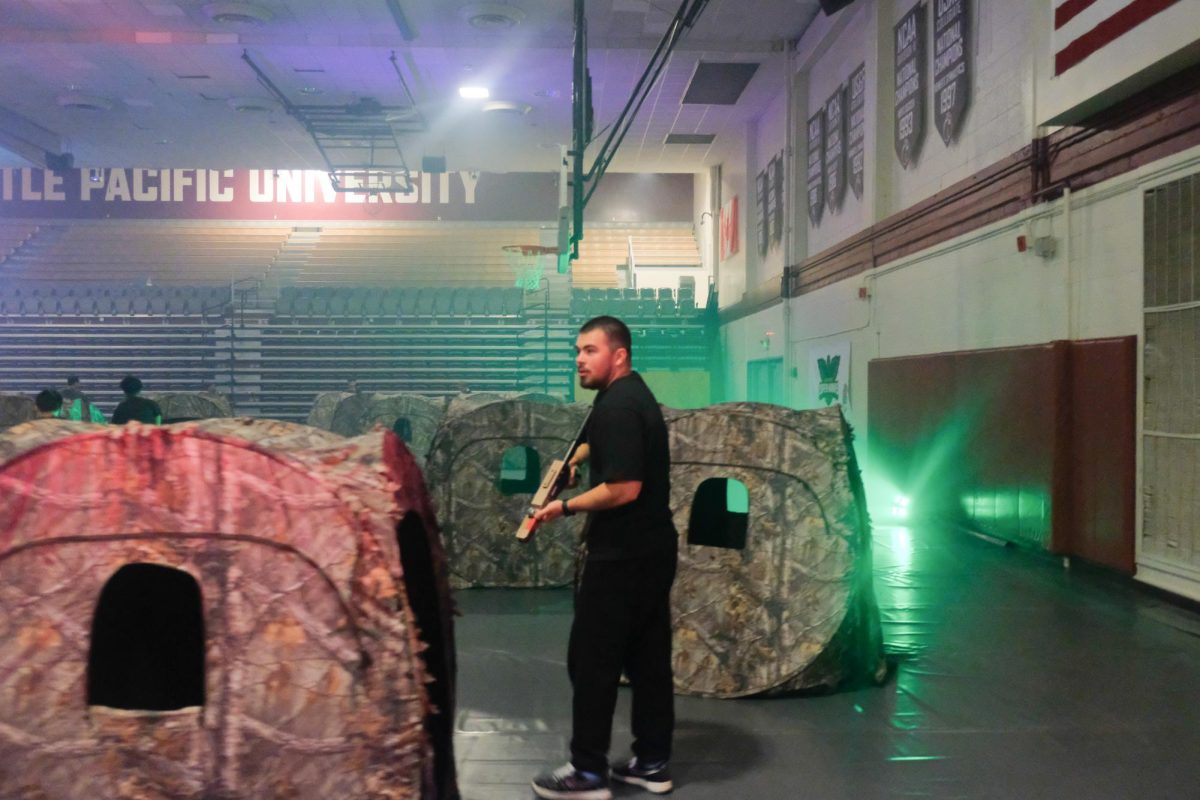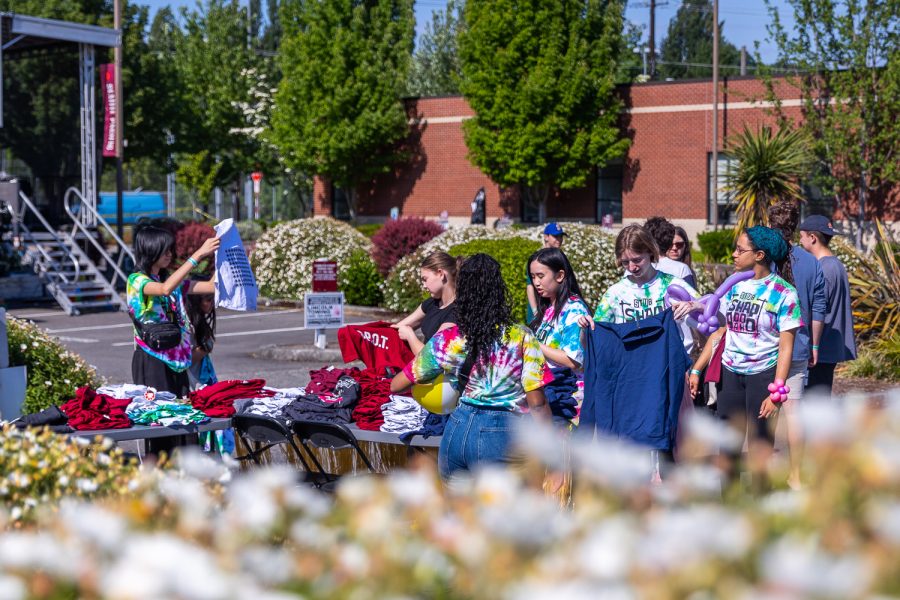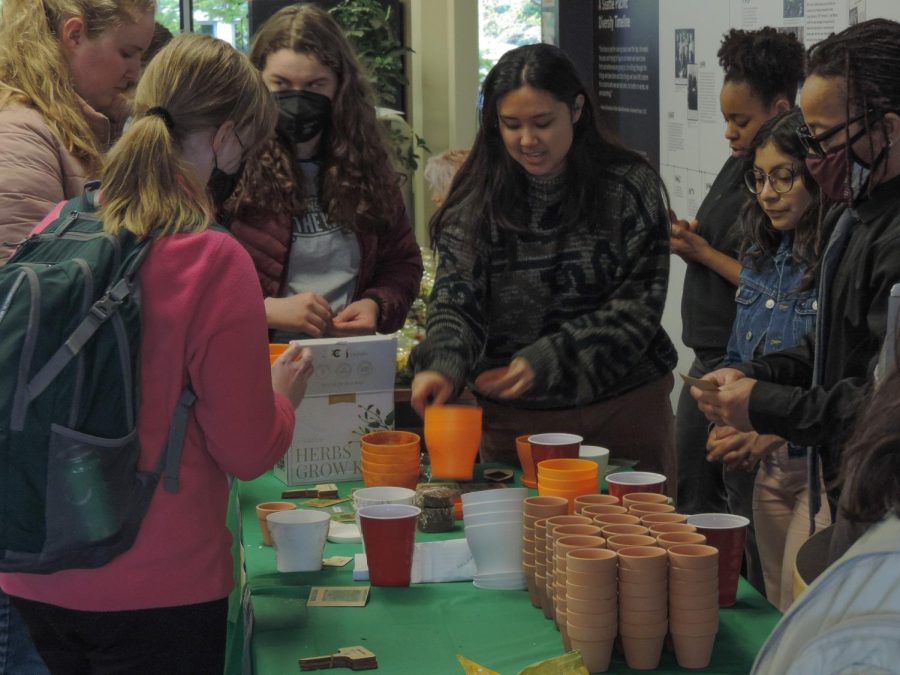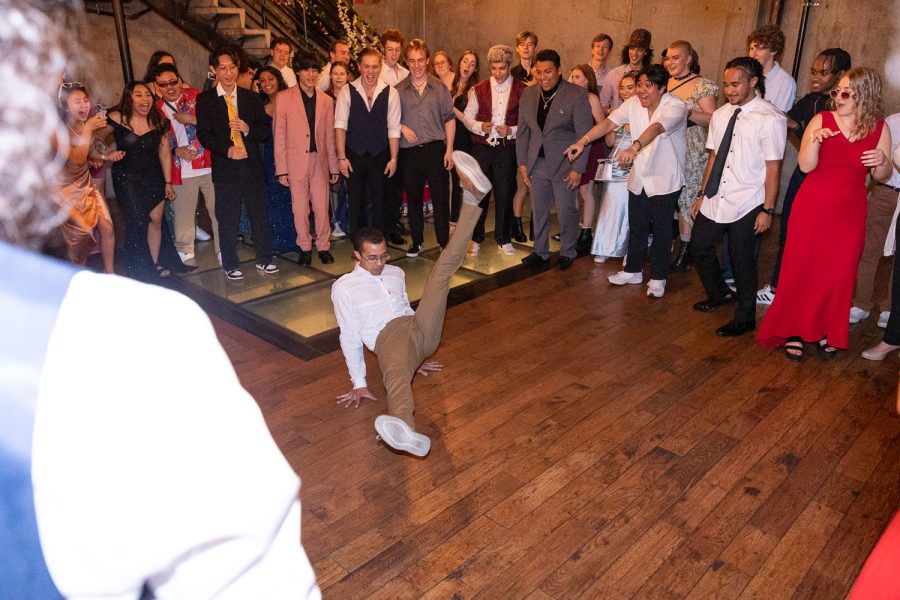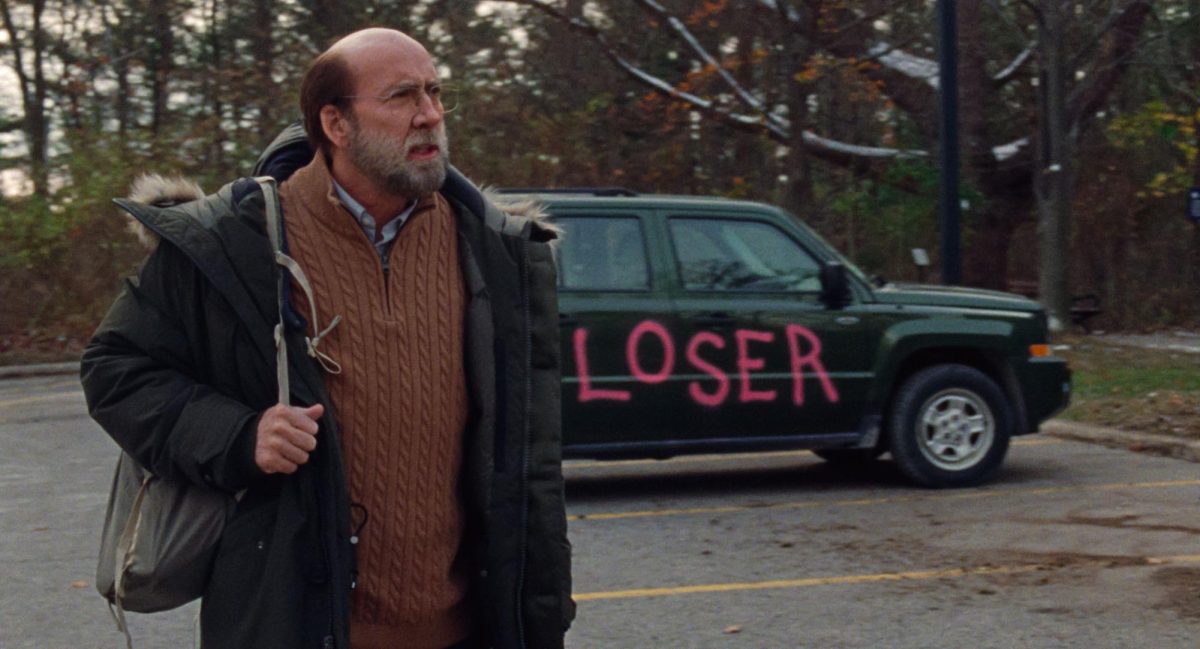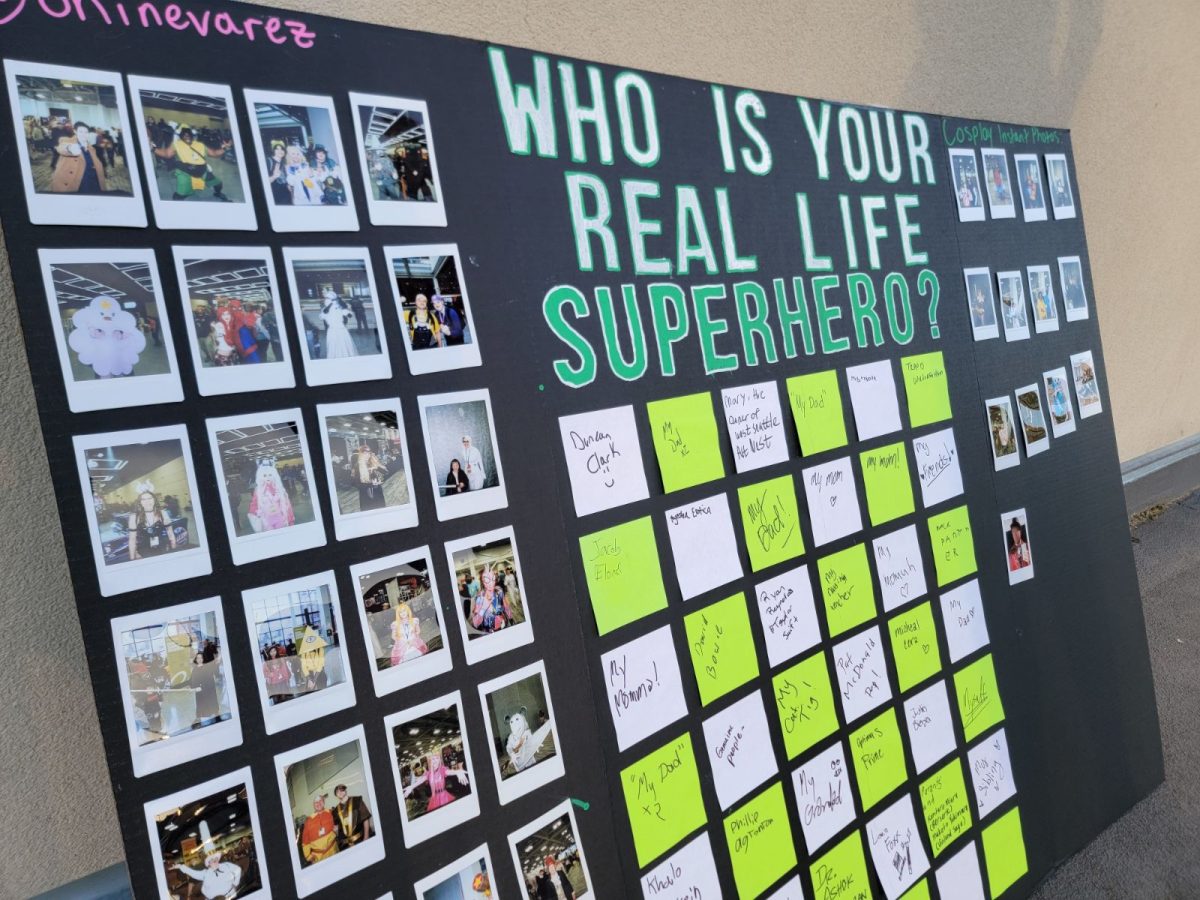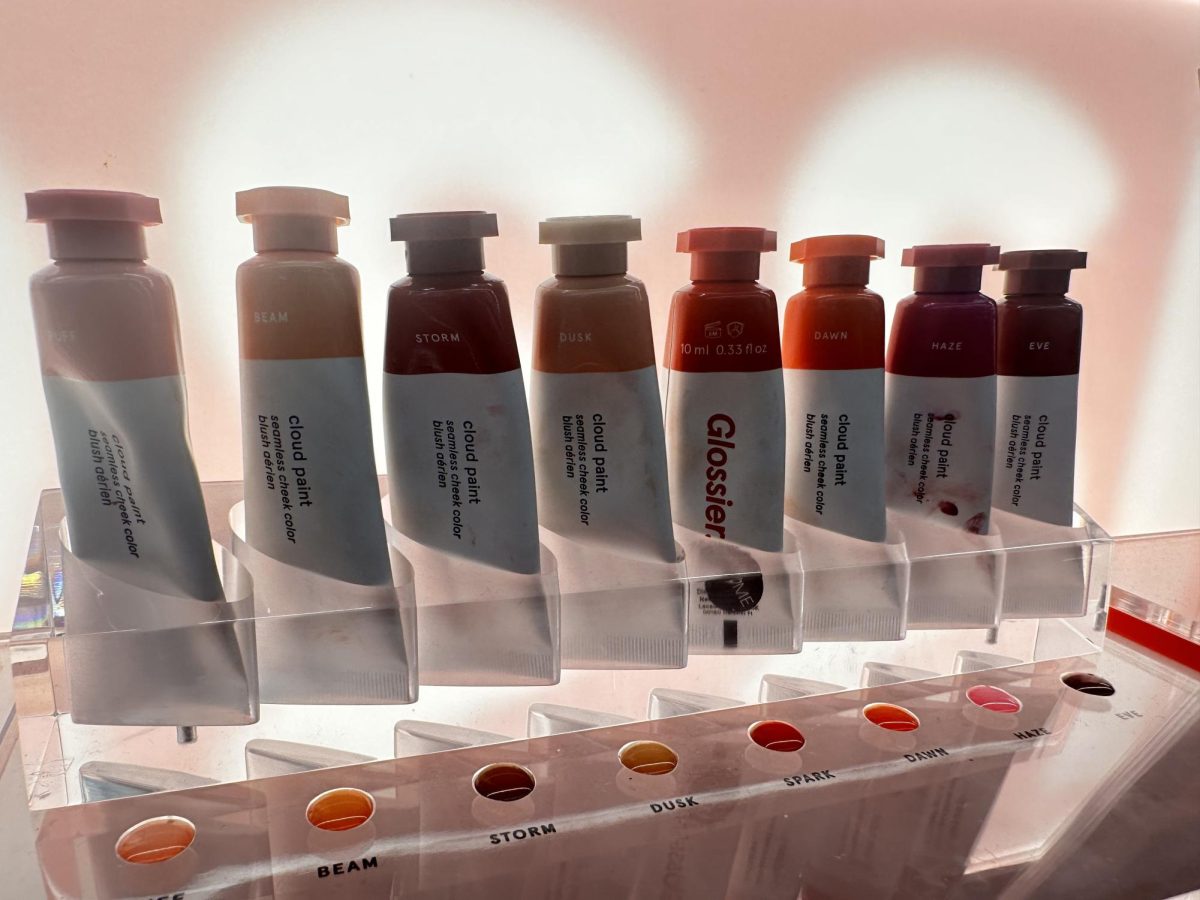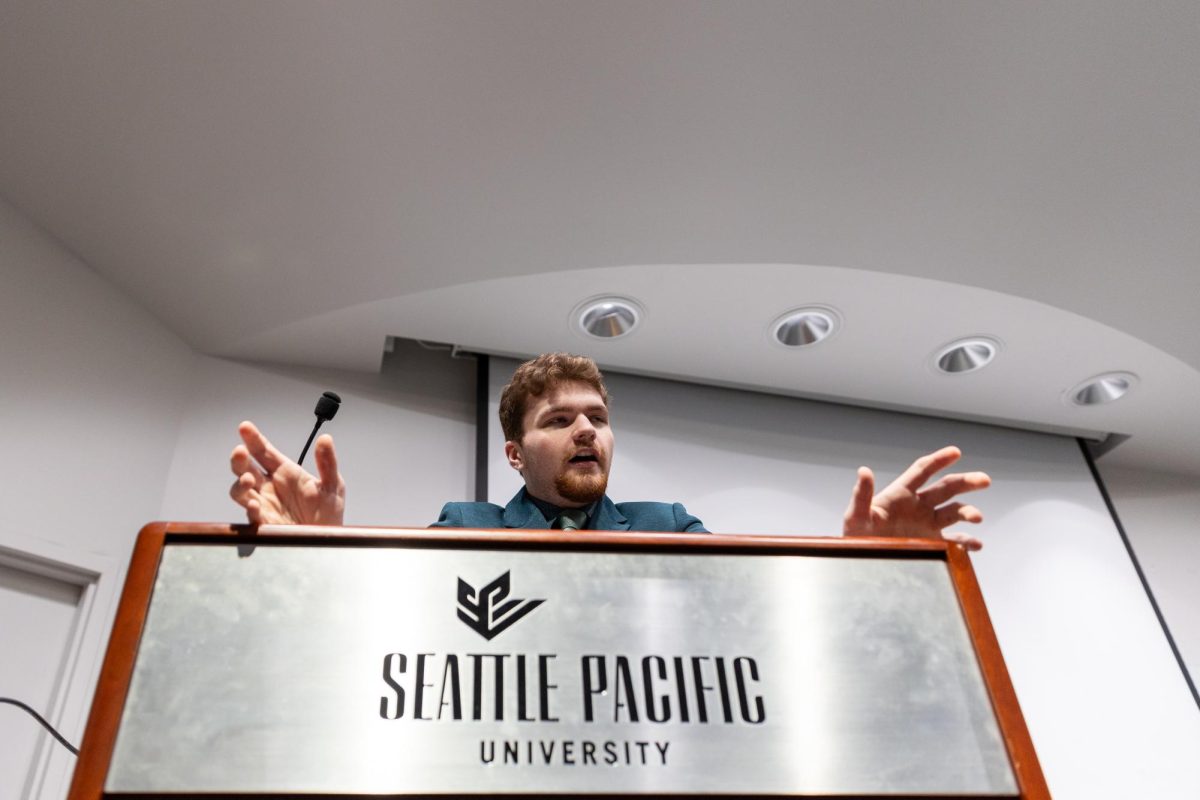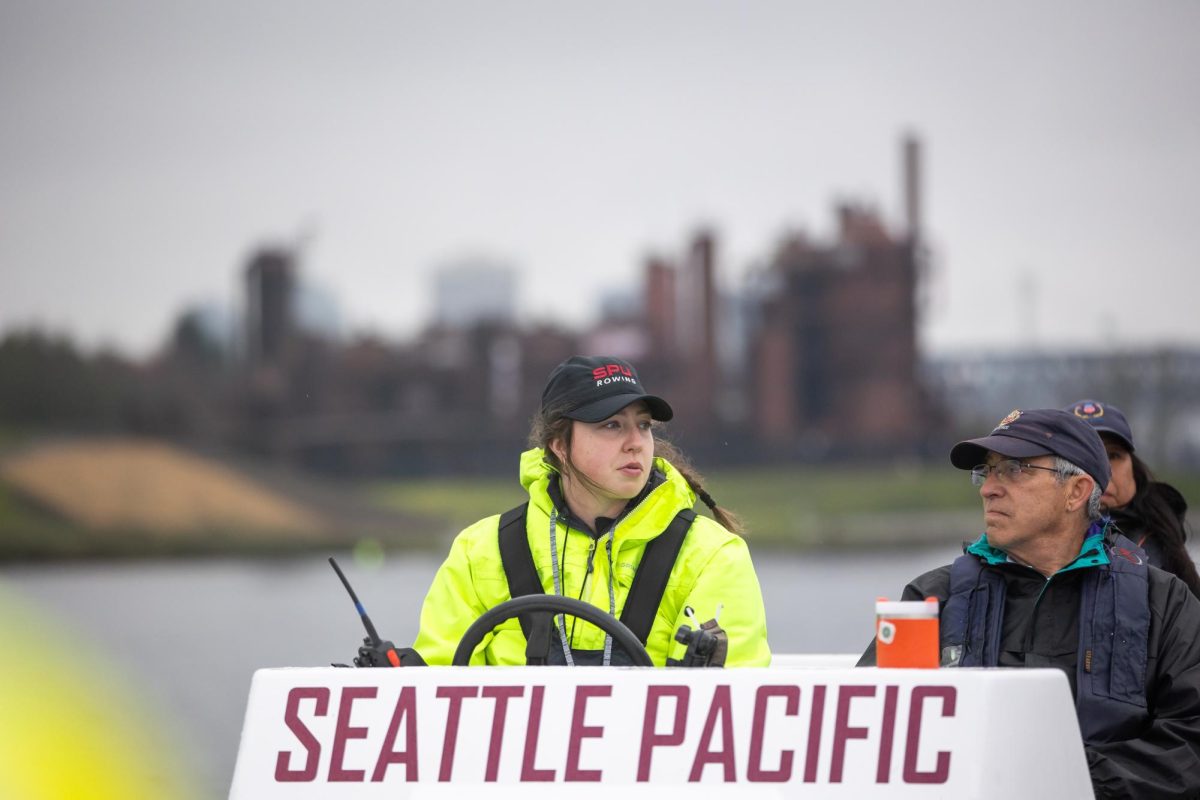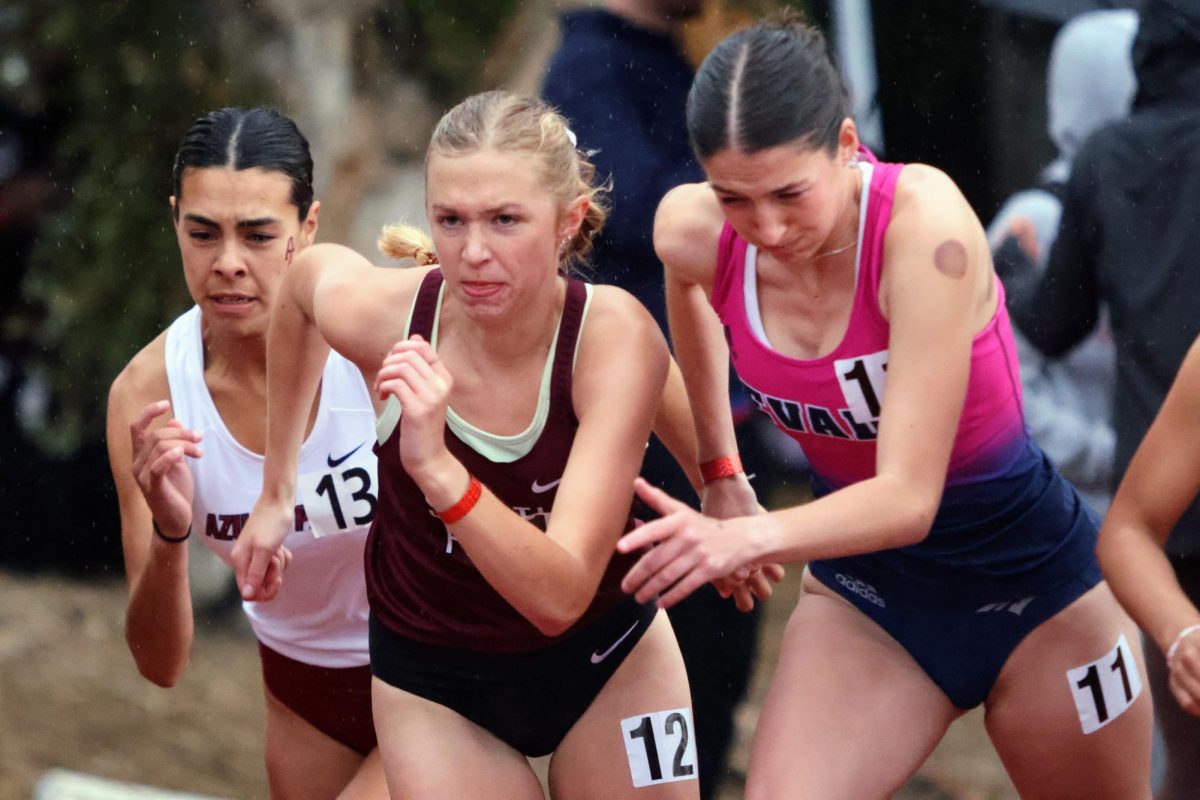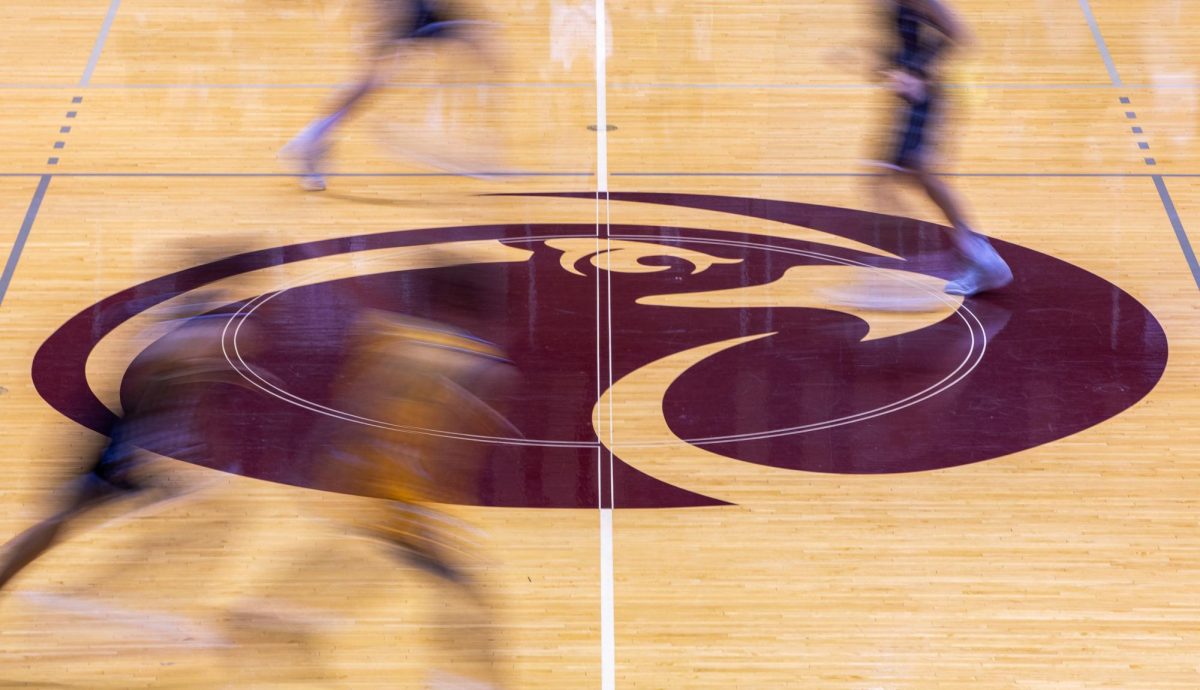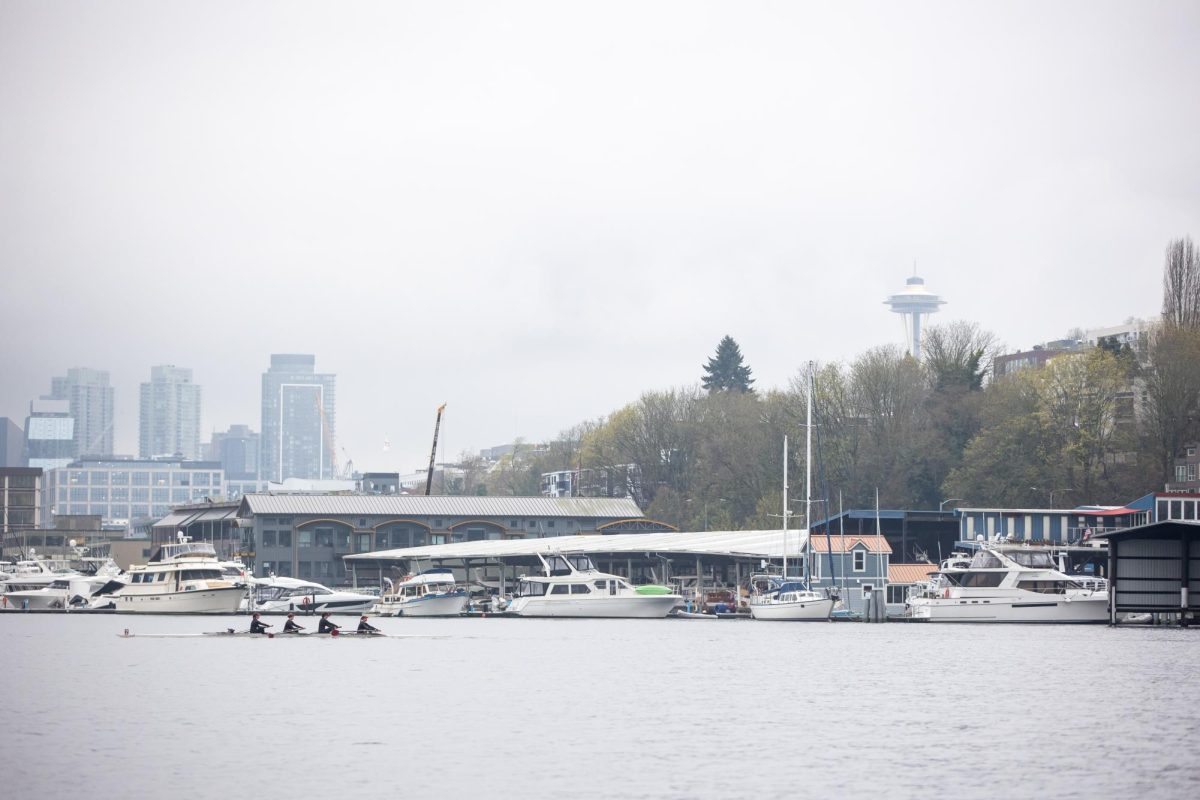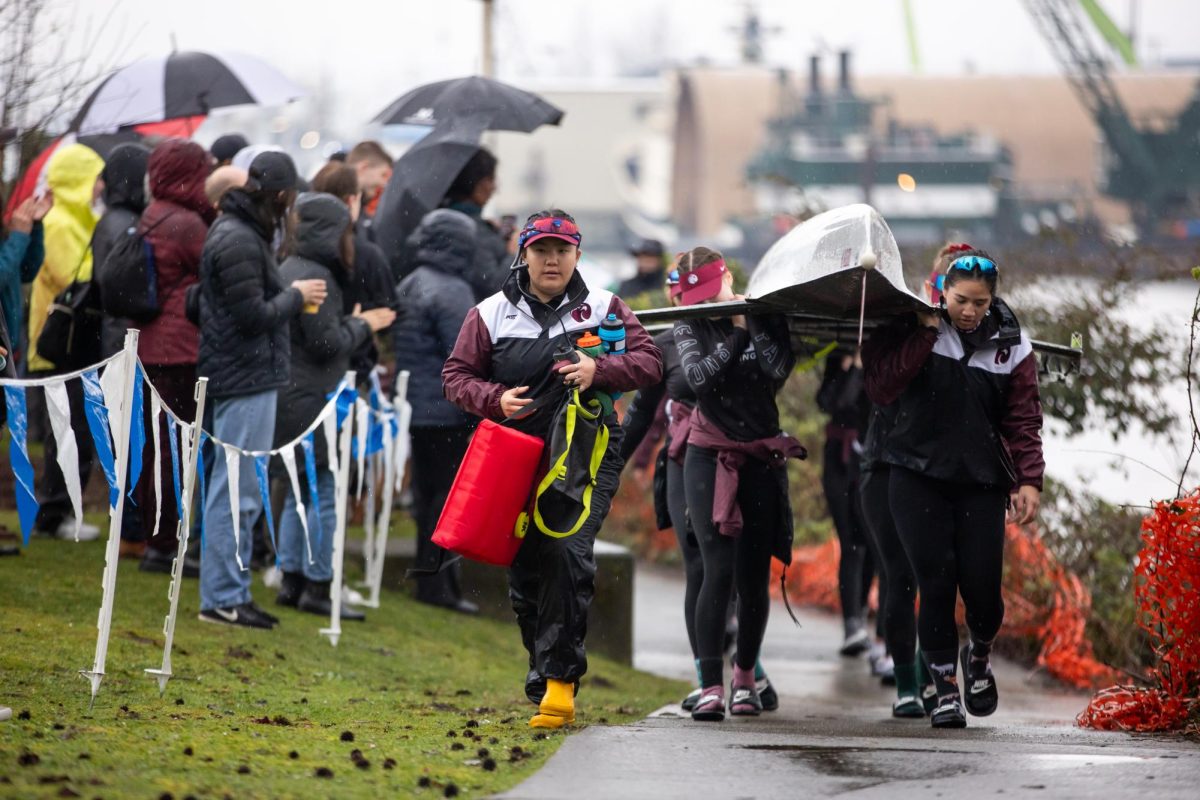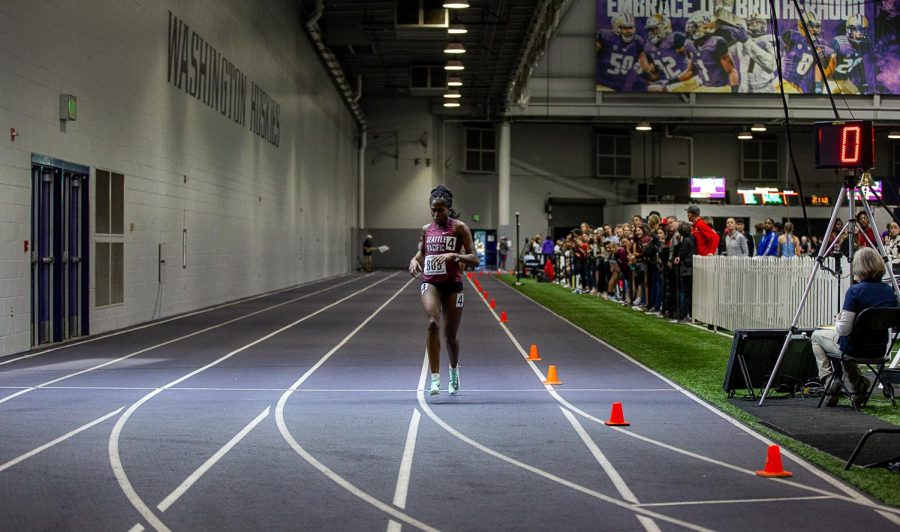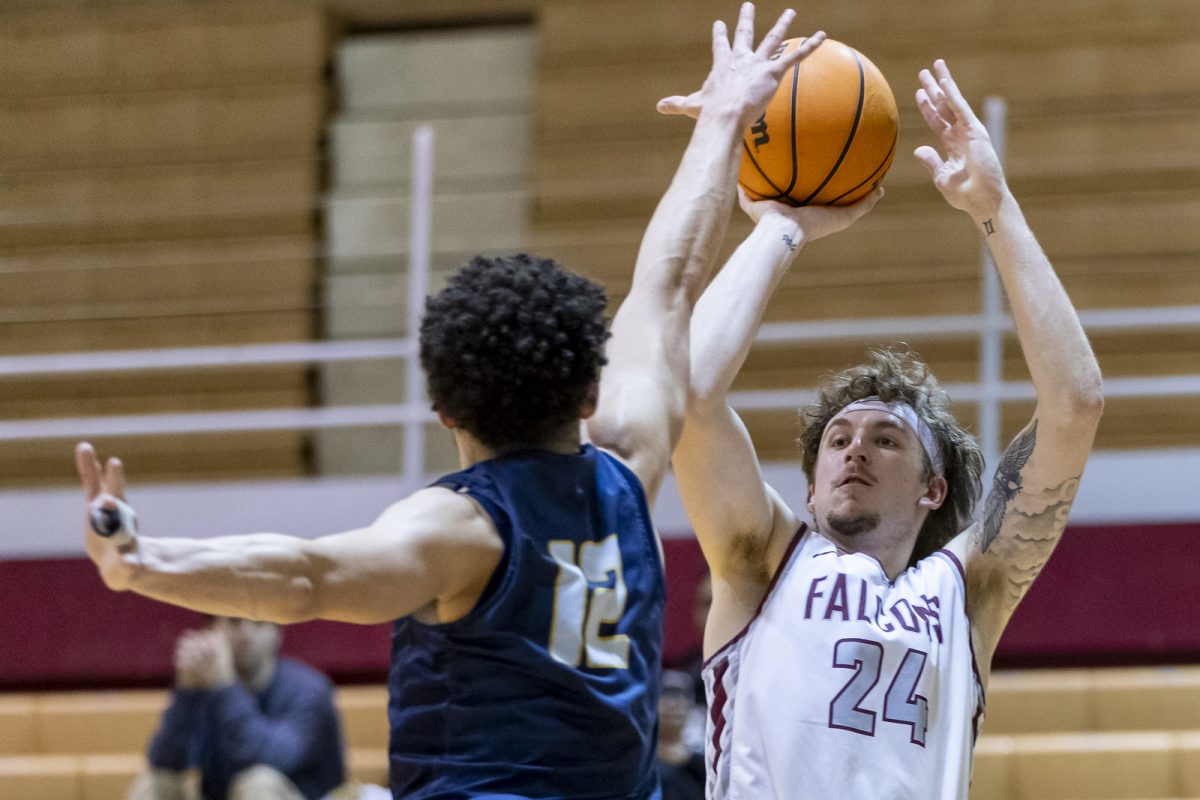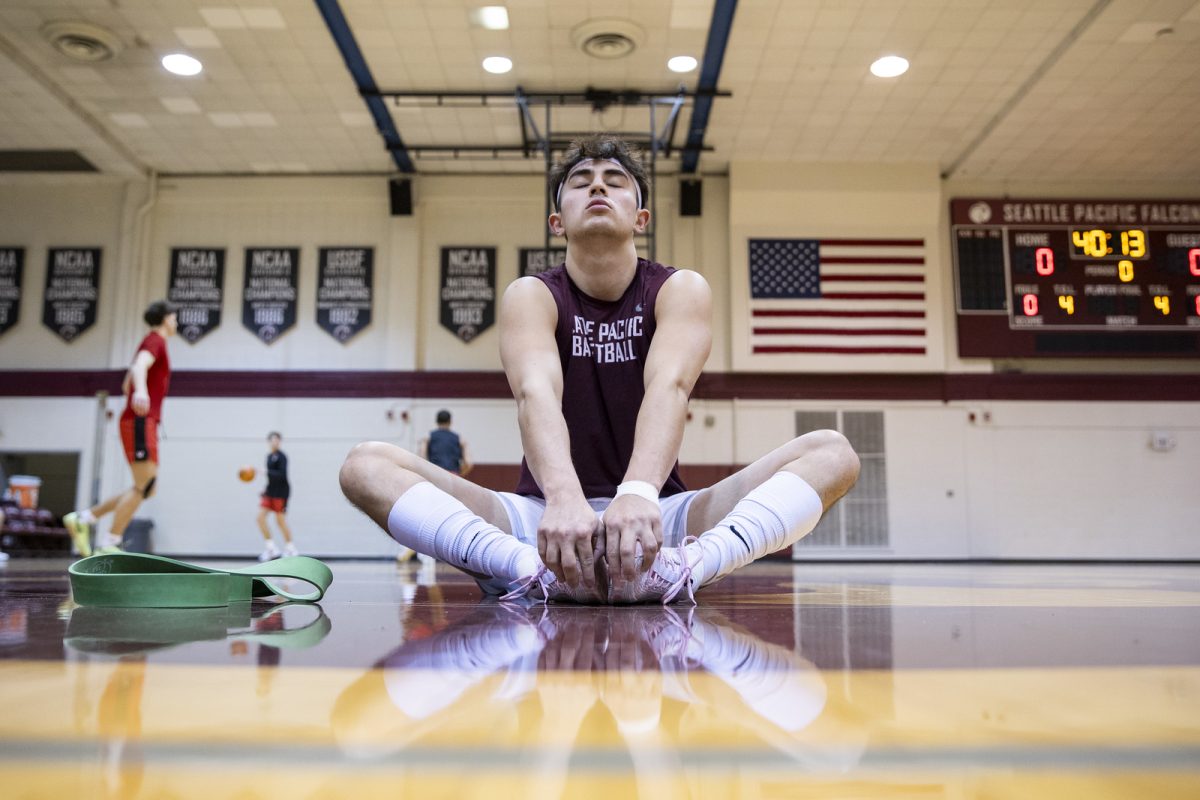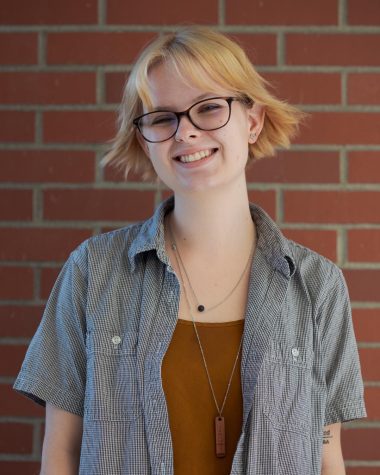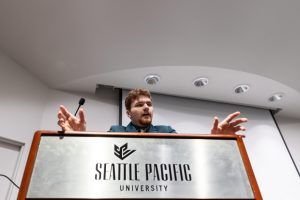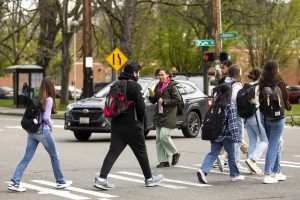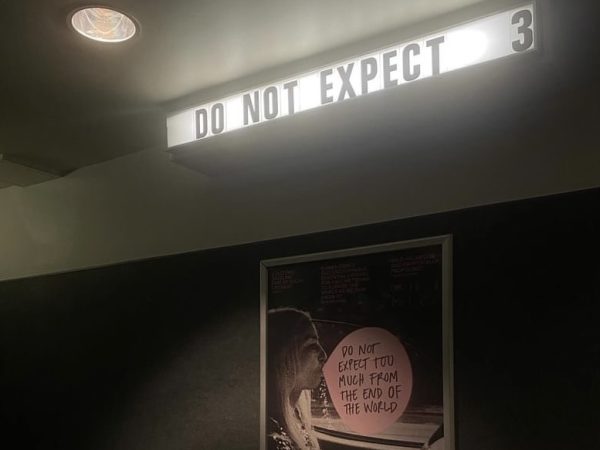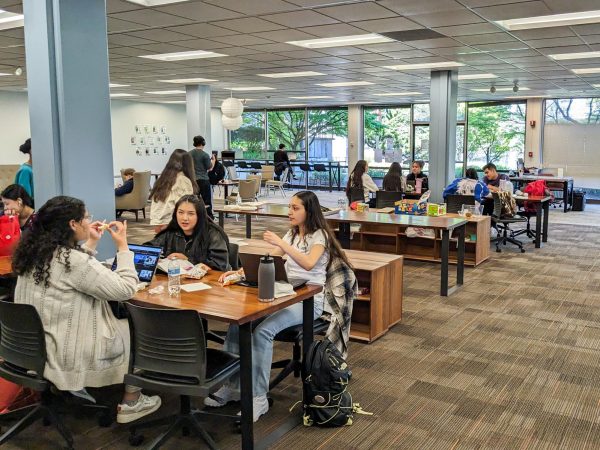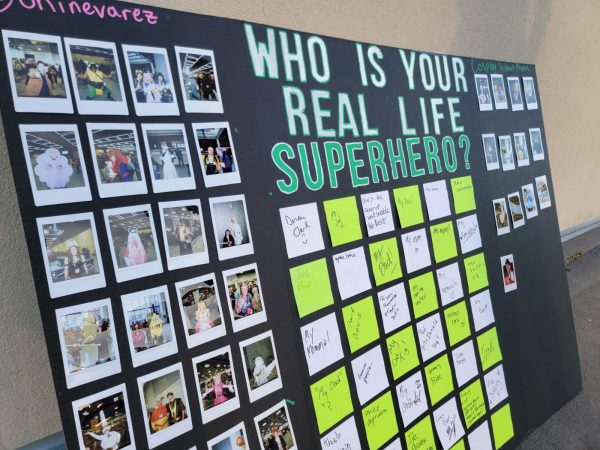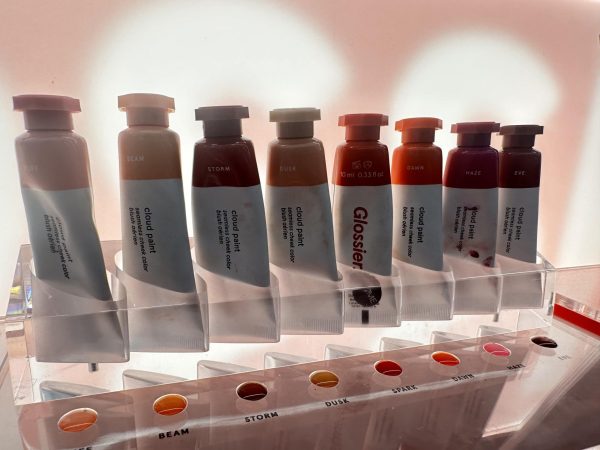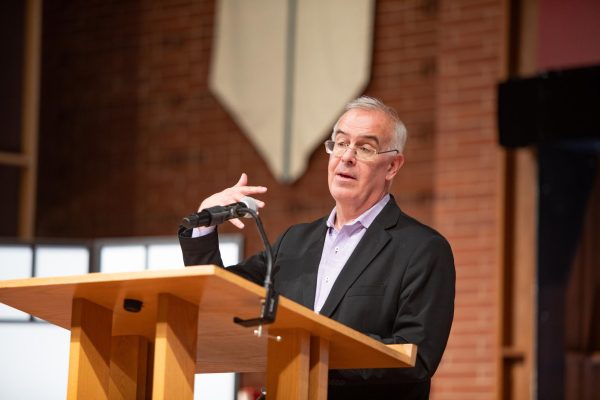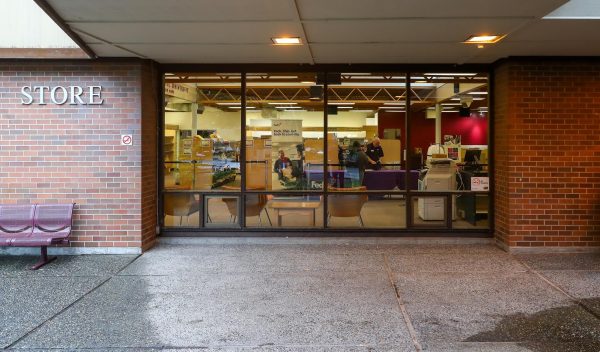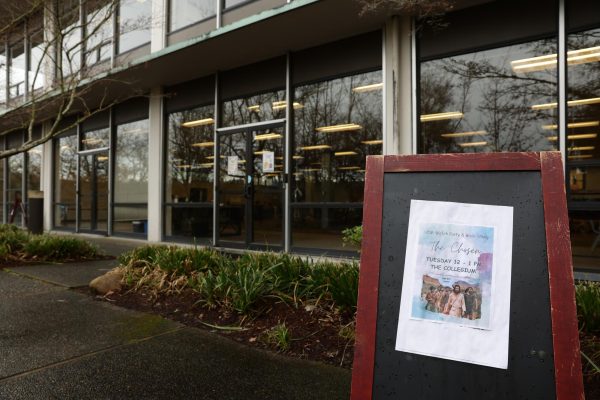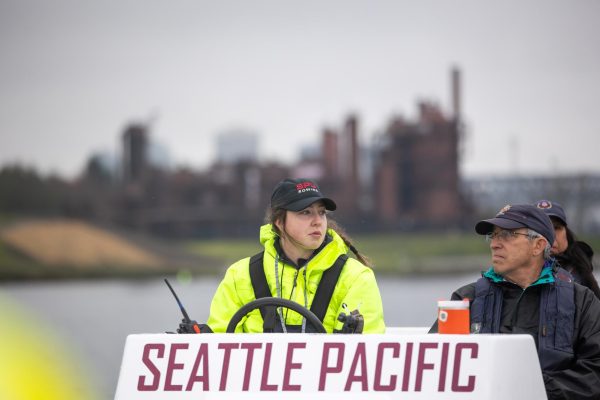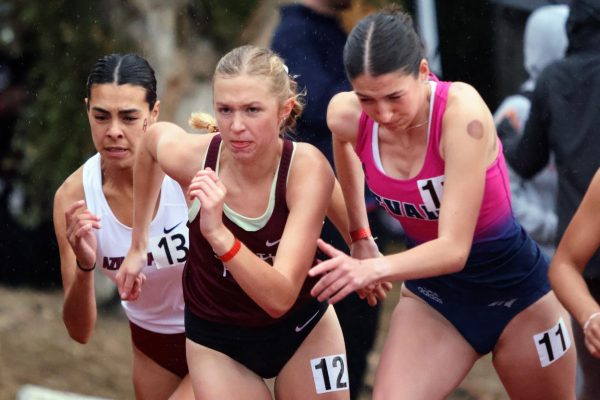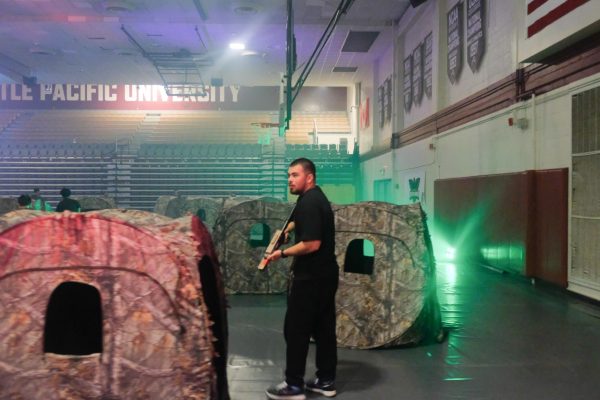Seattle sustainability
Students and restaurants striving to stay green
January 19, 2022
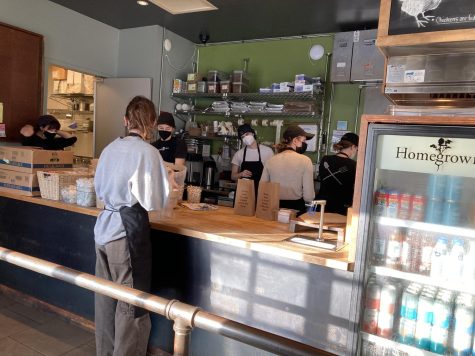
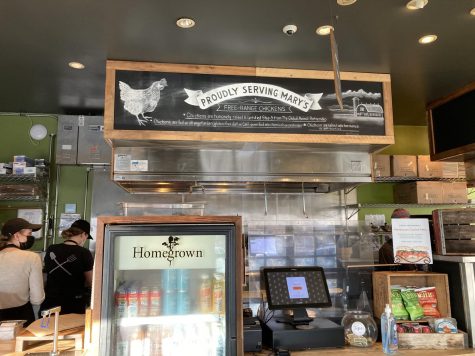
On Jan. 1, the Washington State Department of Ecology, instated a new law to help restaurants reduce their plastic waste. The law does not allow restaurants to hand out single-use plastic utensils unless a customer specifically requests them, with the goal of reducing unnecessary waste.
David Glass is the general manager at Big Max Burger Co. in Queen Anne and makes efforts to make sure the restaurant is as sustainable as possible.
“We are committed to doing our part wherever we can for sustainability,” said Glass. “We practice composting/recycling and minimizing the amount of waste we produce. It is a big challenge because restaurants go through a lot of products but every step we try to be diligent about disposing of waste properly.”
For local Queen Anne restaurant Homegrown, this law will not change much, according to employee Samantha Stewart.
“We use compostable utensils, and sometimes customers don’t even want those,” said Stewart.
Instead, the restaurant is focusing on other ways that they can reduce their waste.
“We recycle most of our plastic and we don’t use any plastic bags here,” said Stewart. “But when we get shipments, a lot of them come in plastic containers and we just clean those out and recycle them.”
Even though the restaurant takes many steps to reduce waste, Stewart still thinks there is always room for improvement.
“I still think we do a better job than some places that I’ve worked,” said Stewart. “But no matter how we try to be sustainable, there’s more that we can do.”
Glass says at Big Max, the new law has not changed much, but that they have had some customers comment.
“The new law has not had a huge effect. We started requiring our guests to take their own silverware 3 months ago,” said Glass. “The law does prevent us from placing cold beverage lids on drinks to go, which is tough for us, but we are working on our verbiage with our guests to communicate clearly and meet their expectations. No complaints and Seattlites seem to always be in support of any ‘green’ laws.”
First-year physiology and honors major Lainey Mendoza takes steps to be as sustainable on campus as possible and reduce plastic waste.
“I have definitely taken up reusable bags for grocery shopping,” said Mendoza. “I bought a Brita recently and have a Hydroflask so I no longer use plastic bottles. I also regularly use the recycling bins that are provided at my dorm.”
Gabriella Laureano, a second-year molecular biology major, takes special effort to be sustainable while in a learning environment.
“I try to take pictures instead of notes in class, this way I can be more attentive in class and I don’t have to waste paper,” said Laureano. “I use Word for writing or filling out homework and submit them online whenever given the option.”
First-year visual communication major Isa Byrum is also taking steps to be more sustainable.
“[Sustainability] is definitely something I need to work on, but I recycle and collect bottles and cans,” said Byrum. “I also carry a reusable bag with me and rarely get bags when I’m shopping.”
Efforts like these to reduce waste and increase sustainability in Seattle are on the rise, and for students like Mendoza, who grew up on the east side of the state, the new law regarding single use utensils is encouraging.
“I’m pretty proud of Seattle and for how much initiative they’re taking to go to this more sustainable future,” said Mendoza. “Being here in Seattle and seeing just how different it is really makes me proud to be here.”


